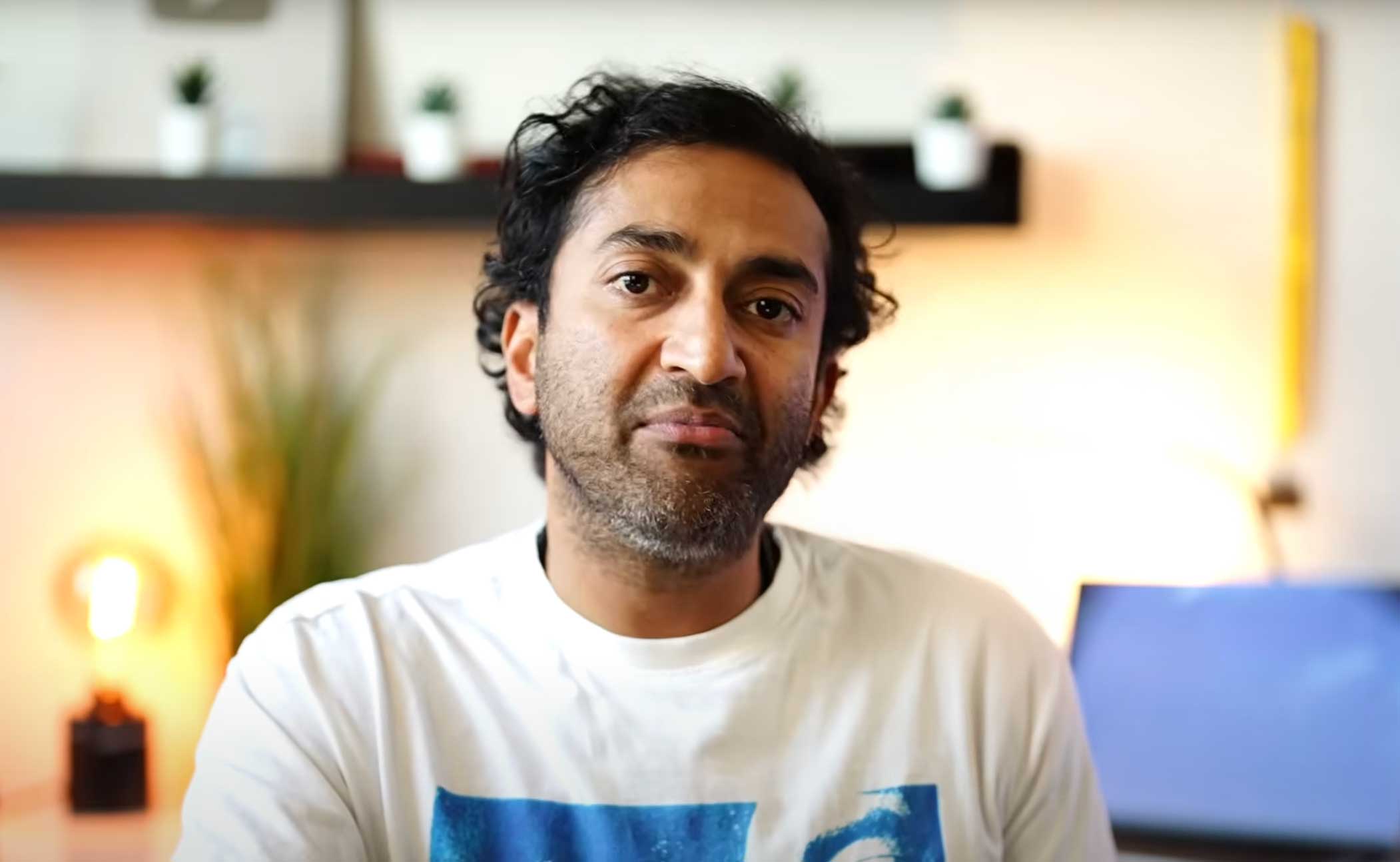Why COVID-19 "vaccine passports" could be "Pandora's box" for data privacy and ethical issues
Governments and businesses are considering a way for people to prove they've been vaccinated against COVID-19. The so-called "vaccine passports" could help determine who can travel, stay at a hotel, or even visit a bar.
In Israel, people who have had two doses of a COVID-19 vaccine can now get a government-issued "green pass," which shows their personal details and the dates of their vaccinations. The pass is being used to scan in to get into gyms, hotels, and concerts. For more than 3 million Israelis, it is the ticket back to some kind of normalcy.
"Finally! All the way in the car, I sing "Back to life! Back to reality," one Israeli concertgoer told CBS News' Roxana Saberi.
The U.K. and other governments, including the U.S., are considering similar COVID-19 immunity certificates to revive their tourism, business, and hospitality sectors. UK Prime Minister Boris Johnson said his country is carefully looking into the option.
"We haven't had stuff like this before. We've never thought in terms of having something that you have to show to go to a pub or a theatre. So, there are deep and complex issues that we need to explore," Johnson said.
Some experts are warning of ethical issues, like potential discrimination against people who don't want a vaccine and those who can't get one for medical reasons or because there's not enough supply.
Clare Wenham, an assistant professor of global health policy at the London School of Economics, says data privacy is another concern.
"Is it going to be something that's digital that tracks you? And that obviously opens a whole different range of conversations about security of your data, for example," she said.
Despite the high interest to resume to normal, Wenham said governments should carefully consider the potential pitfalls of vaccine passports before implementing them.
"Governments shouldn't rush it. I think it's a Pandora's box and think it's a slippery slope into having life being governed by your health status," Wenham said.
As governments debate immunity certificates, businesses are pushing ahead. Some cruises and airlines have announced travelers will need proof of immunization to board.
The World Health Organization told CBS News it opposes requiring vaccines for travel, as long as the global supply of vaccines is limited and their ability to stop the virus's spread is not yet clear.



